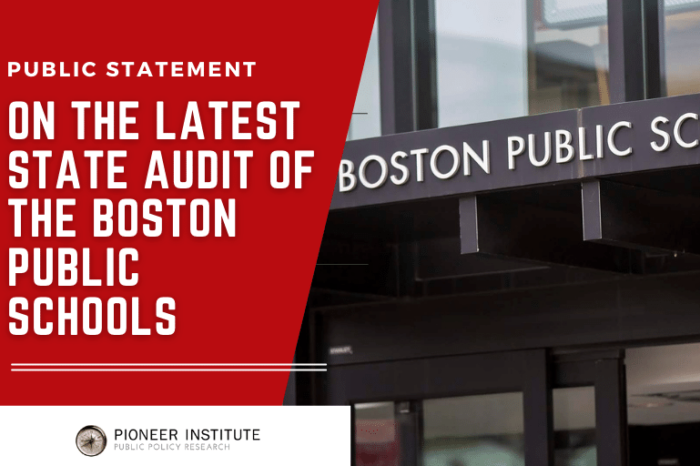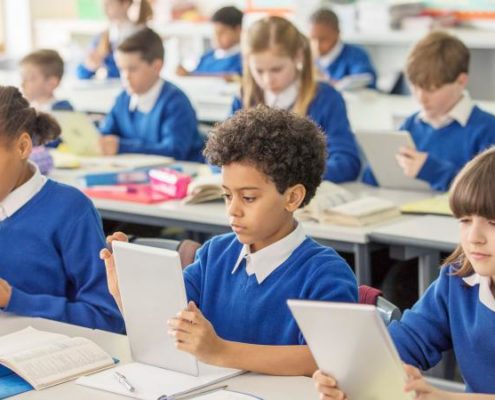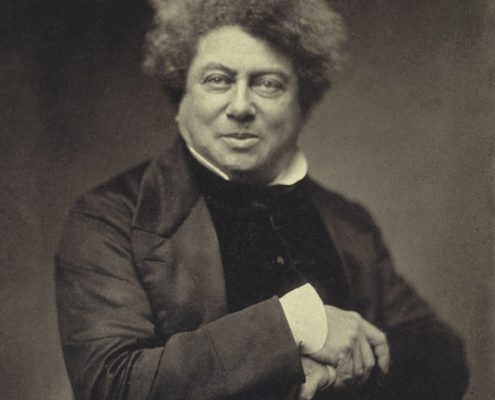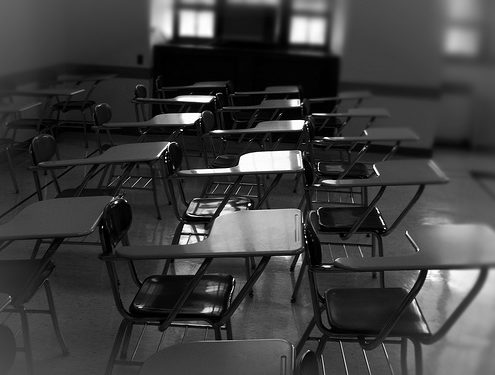Pioneer Institute Statement on the Latest State Audit of the Boston Public Schools
View media coverage on this topic in The 74, State House News Service, The Boston Globe, NBC10, the Boston Herald, WGBH News, Greater Boston, and Education Next.
The third review of the Boston Public Schools (BPS) in fewer than 20 years makes clear: Things are getting worse. Graduation rates are down, achievement gaps are up, an unacceptably large percentage of students attend schools ranked in the lowest 10 percent statewide. In a cruel twist, more than three in five students still are not taught material on which they are tested. There remains no clear strategy for improvement.
Since the 2020 review we’ve learned that the district’s own data are unreliable. The district has underestimated the number of English language learners it is serving inadequately and may have overestimated graduation rates in five of the last seven years. Bullying is rampant across the district. Today we find out that student transportation has deteriorated even further.
With BPS spending $26,000 per student, money is no longer the issue. Out of the 100 largest school systems in the U.S., BPS funding ranks second.
The central office has grown chaotic under a “musical chairs” of superintendents and is no longer capable of leading the necessary change. State and city officials must partner to:
- Provide stable district leadership by appointing a receiver-superintendent for a term of six years.
- Address widespread mistrust and lack of oversight and ensure accountability by appointing a hybrid school committee comprised of state and city designees.
- Enact a time-limited (six-year) joint state-city intervention that focuses on a short list of key actions that can put the district on a path of improvement: (a) right-sizing the district’s central office, which on a pro-rated basis employs far more people than other districts, freeing up and redirecting tens of millions of additional dollars to BPS classrooms; (b) aligning the district’s and various schools’ curricula with the state standards; and (c) implementing a targeted effort to improve the 31 Boston schools that are performing in the bottom 10 percent statewide.
Get Updates on Our Education Research
Related Content















